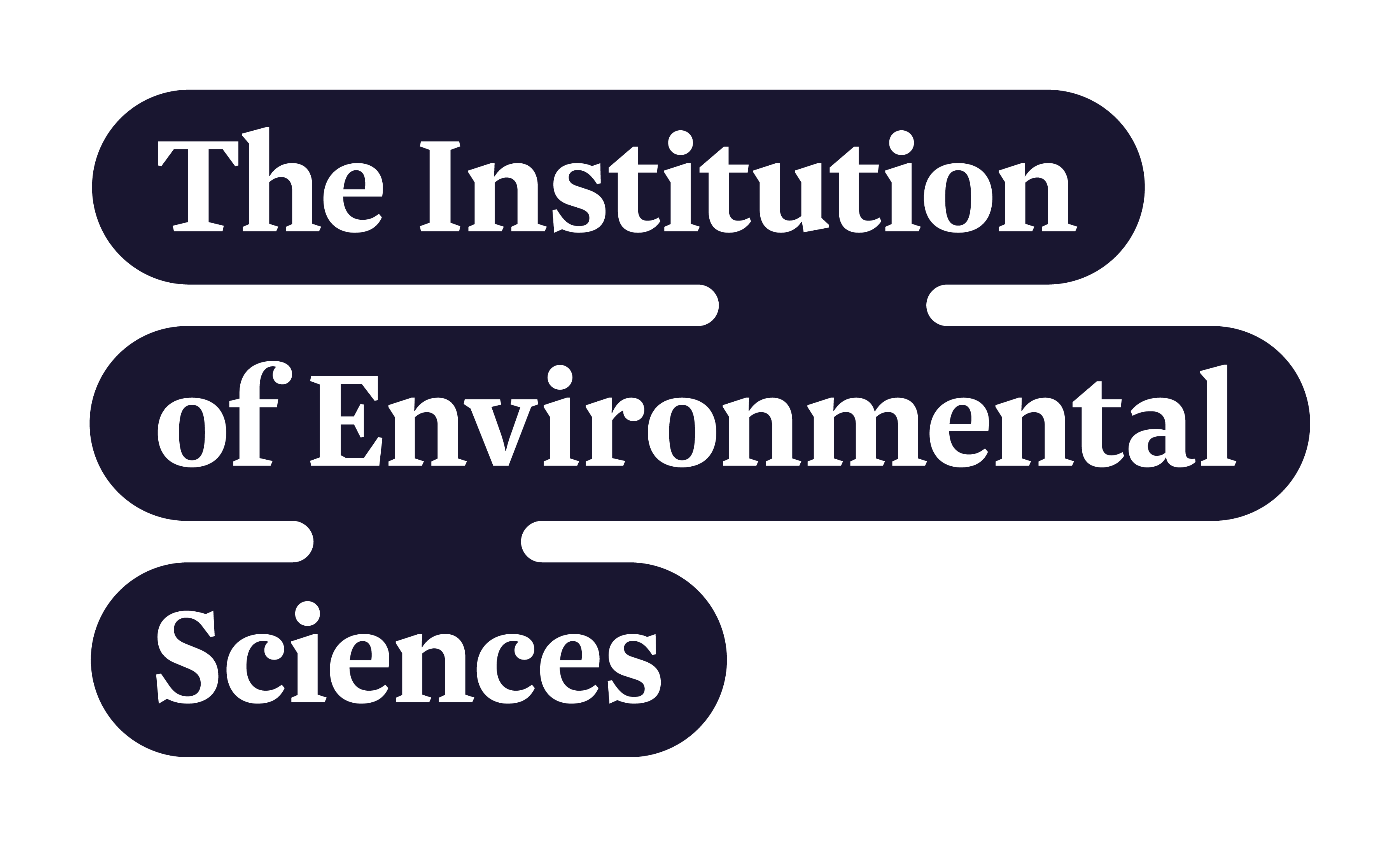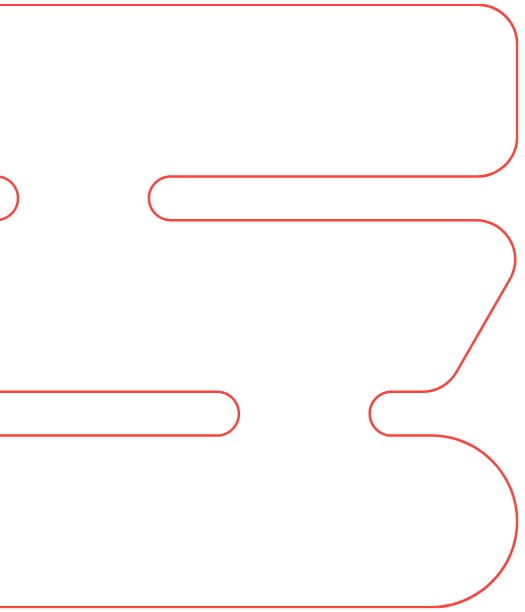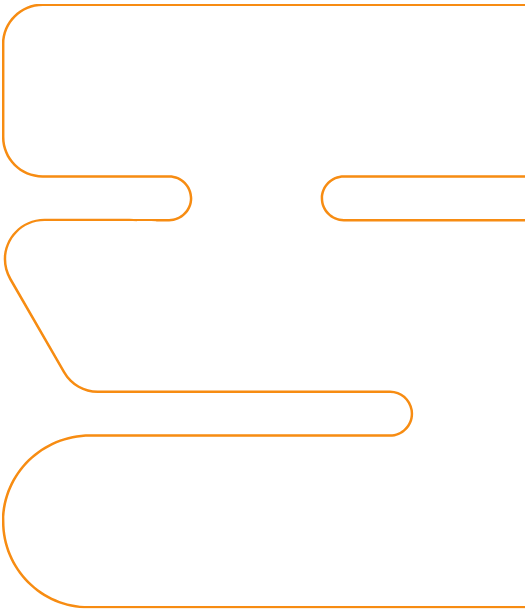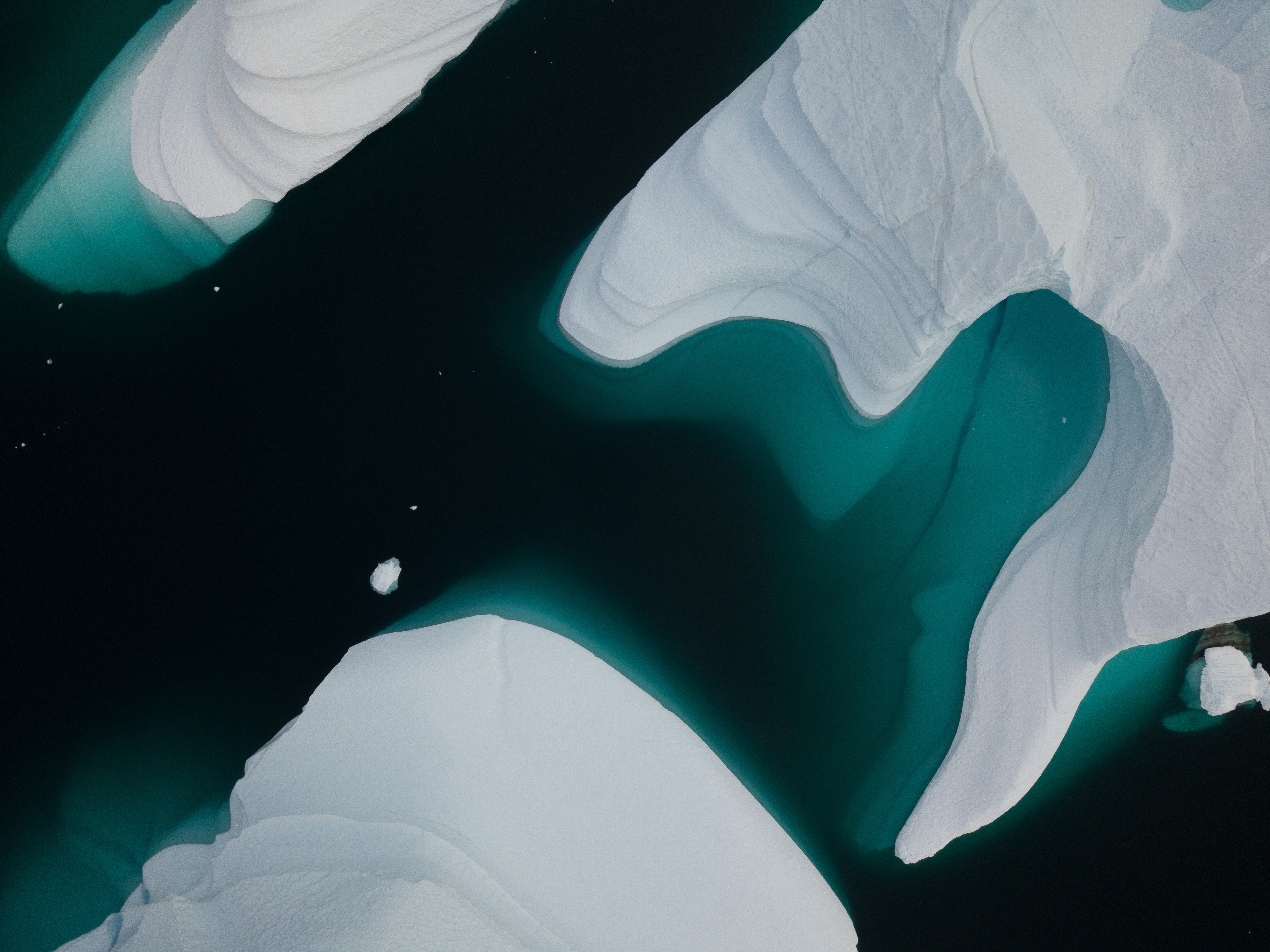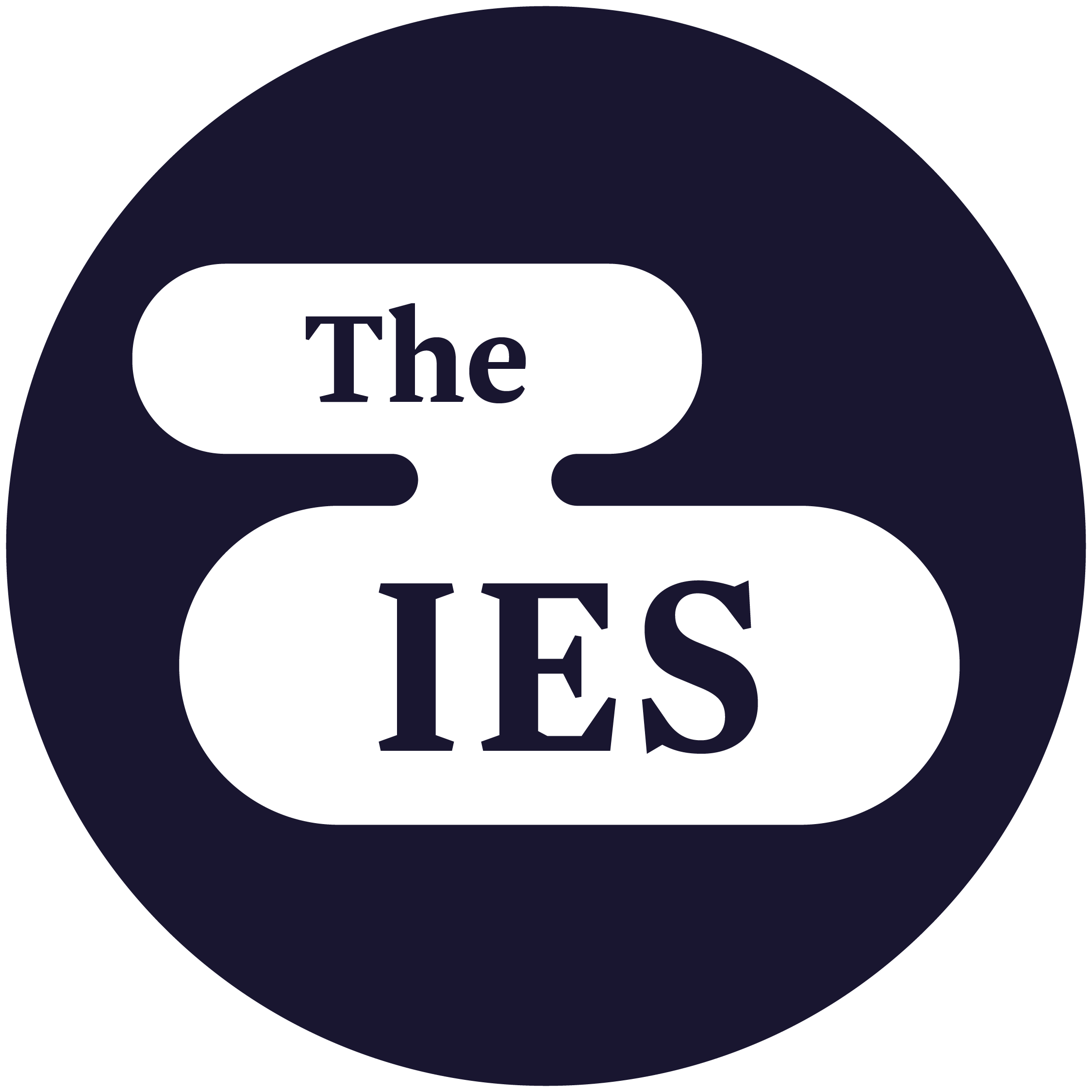A transition to a better world
Uniting science and people to accelerate the transition to a thriving environment
We are at the forefront of uniting the environmental sciences around a shared goal: to work with speed, vision and expertise to solve the world’s most pressing environmental challenges, together.
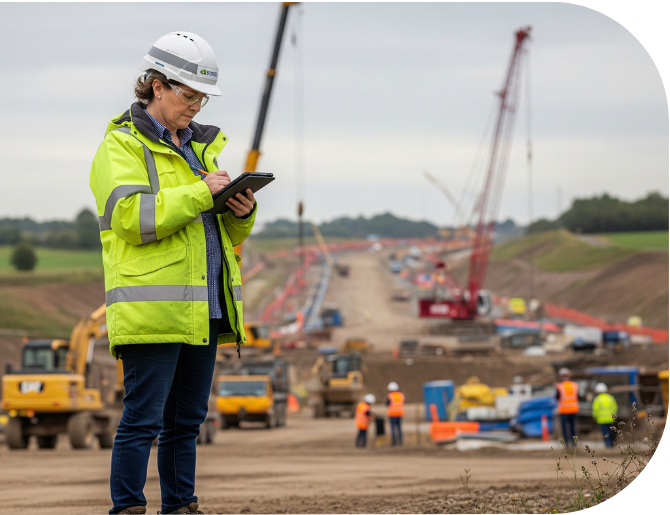
The Fundamentals
The Institution of Environmental Sciences (IES) is a charitable organisation and a global professional membership body for environmental scientists. We work to unite people and specialists from diverse disciplines around the shared goal of accelerating the transition to a sustainable society.
We support a diverse and interdisciplinary network of environmental scientists all over the world – and at every stage of their education and careers – to connect, develop, progress and inspire.
Our strong ties with academia, government and the professions mean we’re in a unique position to influence evidence-based, transformative change.
Through our network, the IES helps professionals connect and work together to solve the world’s most pressing environmental challenges.
Our Principles
- We start with science
Everything we do is grounded in robust science and informed by our members. We promote an evidence-based approach to education, decision-making and policy.
- We connect different perspectives
We connect our diverse network of members, supporters and collaborators who are at the forefront of evidence-based progress. We bring in wide-ranging expertise to promote our role as the go-to organisation for inclusive and interdisciplinary environmental science.
- We inspire a way forward
As leaders in our field, we provide an inspirational vision for environmental sciences. We champion our profession, openly share learnings and provide the strategic direction to implement them. All while helping to guide our members through the science and legislation that impacts their work.
- We get things done
With a can-do attitude, we take the initiative and move at speed to respond to the urgency of environmental challenges, adapting as they arise.
More about the IES
The IES was founded as a result of an initiative by the academic Dr John Rose during a series of meetings held during 1971-1972 at the Royal Society in London and chaired by Lord Burntwood.
The IES has two purposes:
- To unite science and people to resolve environmental challenges
- To create and sustain a knowledgeable, skilled, diverse, and trusted environmental profession engaged in the transformation to a sustainable society.
These reflect the dual nature of the work of the IES – the internal focus on supporting our members, and the external focus on supporting transformative change in the environment sector and society at large.
The majority of our income comes through individual member subscriptions. This funding model allows us to represent the professionals who work in the sector. We are not beholden to any other organisation, company or political interest, so we can be an independent and trusted scientific voice for the environment. In addition to members' subscriptions, we also raise funds through paid-for events and training, accreditation of university degree programmes, some online and journal advertising, event sponsorship and exhibitors, and through some small grants. A breakdown of our funding can be found in our annual accounts.
Our >6,000 members are environmental professionals who are scientists, or who rely on science and evidence within their role, or students studying an environmental degree. Our members are drawn from 51 countries and are at various stages of their education and careers.
Our thousands of members come from all over the world and are at various stages of their education and careers. You can learn more about how to join on our membership pages.
